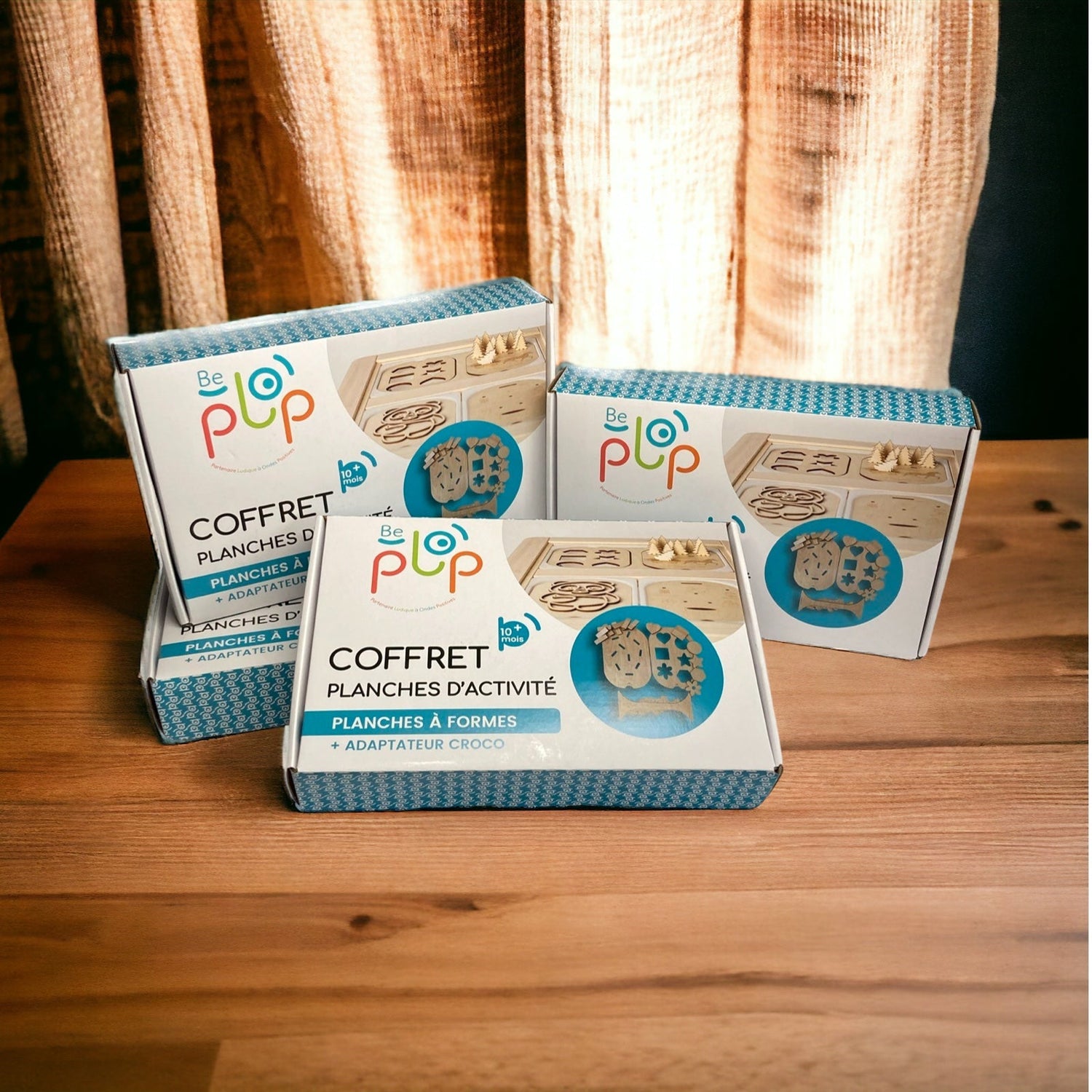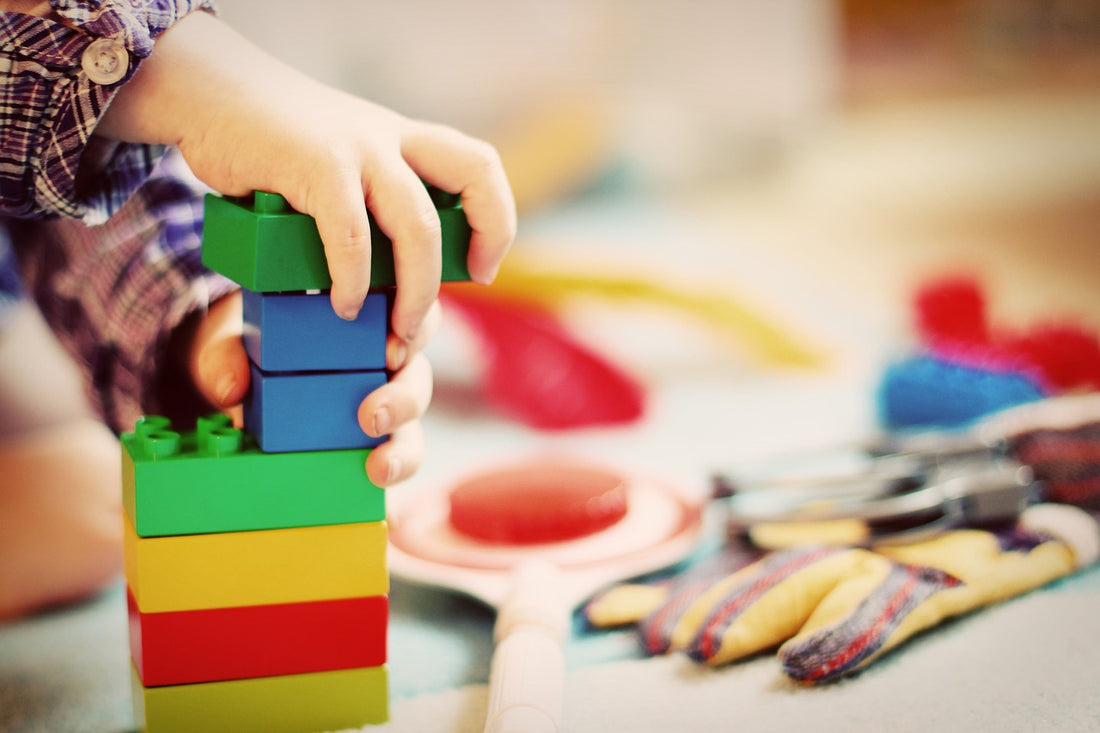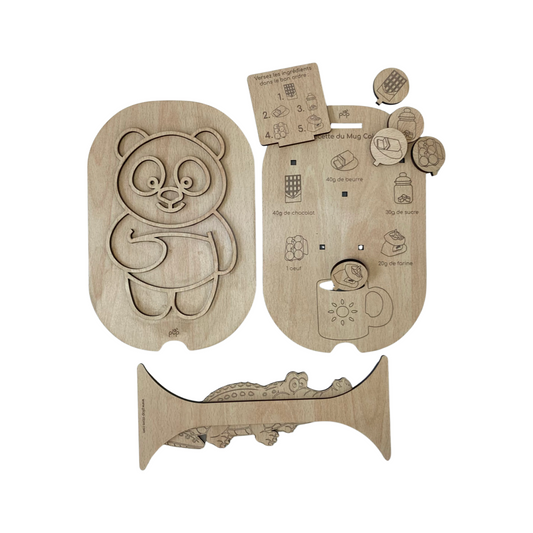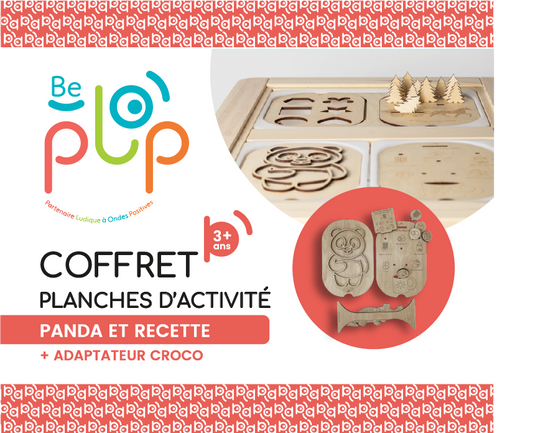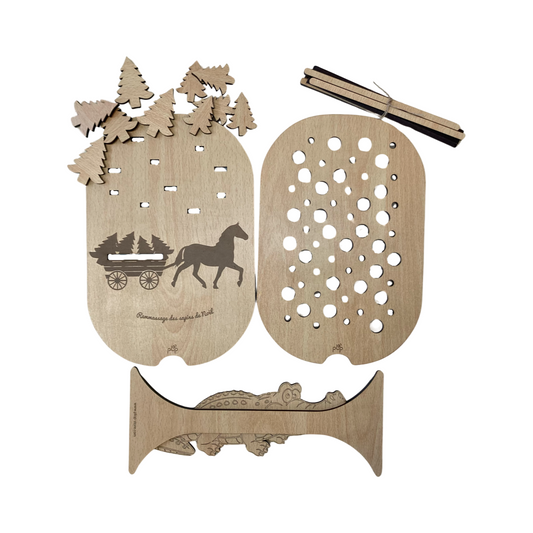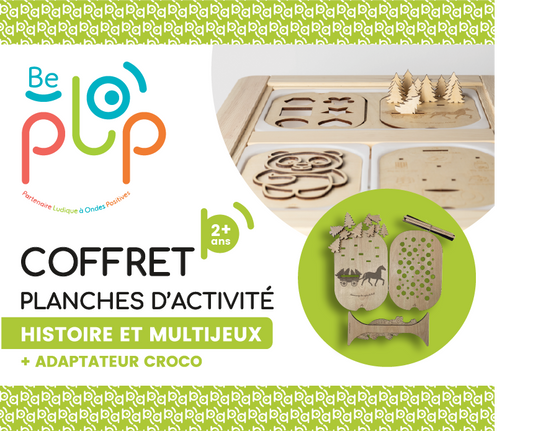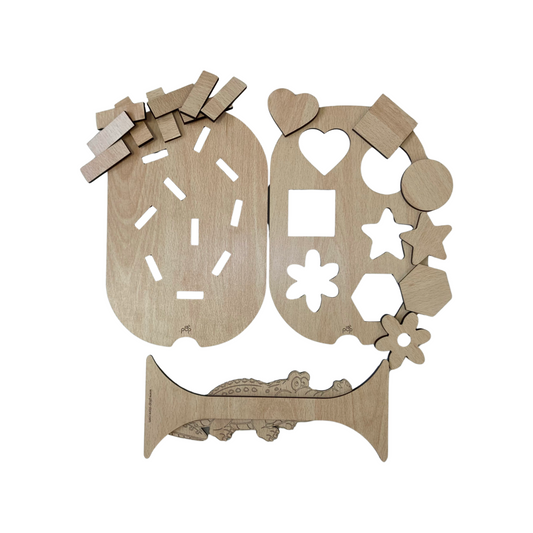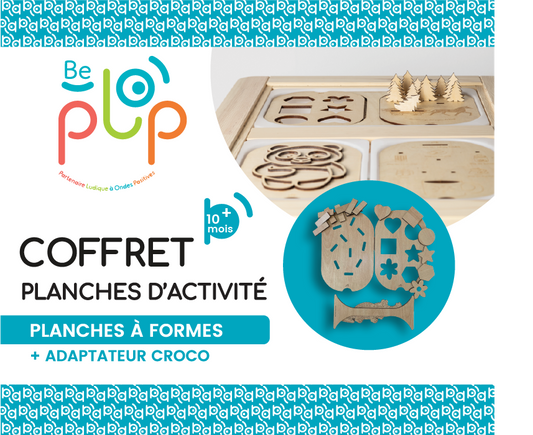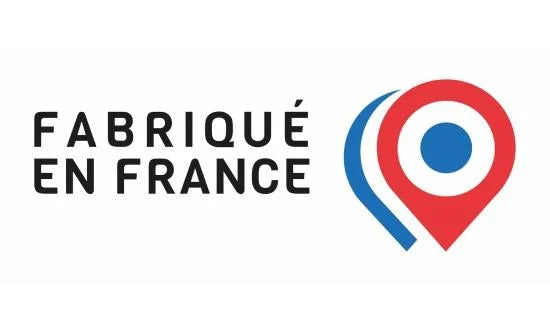The stages of fine motor skills in children between 0 and 5 years old
Table des matières
Throughout the first years of your child's life, he or she goes through different crucial stages of development. During this period, parents play a key role in providing a stimulating and safe environment that promotes exploration and learning.
These moments are marked by a multitude of discoveries and progress which form the foundations of its future faculties. Between birth and age 5, children develop not only physical and cognitive abilities, but also essential social and emotional skills . Observing the different phases of development allows us to better support the child and meet their needs appropriately. By being attentive to your child's progress, you can not only encourage their efforts, but also anticipate possible difficulties and approach them with kindness.
The development of children from 0 to 5 years old is a period rich in changes and learning, where each day brings its share of new things and challenges. It is an exciting adventure for parents and educators, who can watch their child grow and flourish before their eyes. This article aims to explore these stages of development and provide practical advice to best support your child during these crucial first years.
Between 0 and 1 year of age, newborns demonstrate innate abilities such as grasping reflexes, where they automatically grasp anything that touches their palm.
- From 3 to 6 months:
- They begin to coordinate their eyes and hands
- They try to reach for nearby objects and follow objects with their eyes.
- They intentionally grab objects using their fingers like a mitten
- They put objects in their mouth to explore different textures and shapes
This phase is crucial for baby's sensory and motor development, as they discover the world around them through their senses and begin to develop fundamental motor skills.
Tip: Offer the child games in black and white so that their attention is focused on motor skills and not on the stimulation of colors.
- From 6 to 9 months:
- They develop a more versatile handling of objects
- They begin to use their thumb independently
This is an important stage where the baby begins to experiment with different ways of holding and manipulating objects, which strengthens their hand-eye coordination and tactile perception.
Tip: Offer the child objects of different shapes so that they can discover angles, smooth edges, rounded shapes and all other textures that will help them develop their sensoriality.
- From 9 to 12 months:
- They perfect their grip thanks to the pliers, allowing them to grasp small objects between the thumb and index finger
- They begin to use both hands together to manipulate objects, holding an object with one hand while performing an action with the other
- They perform more precise gestures, such as pointing and showing objects. This is the beginning of learning words.
These abilities mark an important step in the development of fine motor skills, preparing the baby to explore and interact more precisely with their environment.
Tip: Offer transferring and fitting games, babies love transferring objects from one container to another, this also helps to develop grasping precision. Encouraging these skills through appropriate play and constant interaction is important for harmonious growth.
Gross Motor Skills: At this age, children are also learning gross motor skills, such as rolling, sitting, crawling, and eventually starting to walk for the precocious ones. Each child develops at his own pace, rest assured if your child is not there yet, it is because he has other skills to develop first!”
"The BePlop brand offers toys that are suitable for children from the age of 10 months, the average age when they should know how to sit without too much difficulty. The shape board , the great classic of the tuck-in game , allows them to work on their fine motor skills, their analytical mind and their sensory faculties.

Between the ages of 1 and 3, children make significant progress in fine motor development, acquiring skills for their overall growth. At this age, they begin to master tasks that require precise coordination and delicate handling.
- From 1 to 2 years:
- They learn to grasp objects of different sizes thanks to the perfection of their pincer grip
- They learn to turn several pages of a book or to stack blocks
- They begin to use eating utensils like forks or spoons.
Tip: Offer games and books that stimulate their imaginative creativity; games that allow them to do things “like the grown-ups” are very successful in their quest for autonomy. For example, a transfer game with a spoon as a play tool is ideal!
- From 2 to 3 years:
- They learn to insert shapes into corresponding holes, manipulate buttons or even play with their zipper
- They also begin to hold pencils or felt-tip pens, which will allow them to create their first “drawings” which will look like scribbles but which will begin to be refined over time with the beginnings of recognizable shapes .
These first experiences of fine manipulation lay the foundations for more complex skills, in fact, they develop the precision and coordination necessary for future tasks. These skills are the foundation for preparing children to do more complex activities like writing.
Tip: Stimulating these skills through appropriate games and activities is fundamental at this age where screens are strongly discouraged to ensure harmonious progression of their motor and cognitive development.
Gross Motor Skills: Between 1 and 3 years old, children develop their gross motor skills by learning to walk more stably and run with more confidence. Their movements become more fluid and coordinated, which helps them actively explore their surroundings. On a sensory level, they refine their ability to manipulate objects of different textures, recognize simple shapes and explore their environment through their senses.
"At this age, they also begin to understand and appreciate stories. The BePlop brand offers boards focused on original stories, such as the board: Collecting Christmas Trees , inspired by a true story. A typically edutainment experience , this board will strengthen eye/hand coordination, stimulate the imagination or even develop reasoning and observation."

Between the ages of 3 and 5, children reach significant stages in the development of their fine motor skills. At this age, children begin to significantly refine their coordination and dexterity. This is a time when children progress rapidly in their ability to manipulate objects and control their movements. This allows them to perform more precise and demanding tasks.
- From 3 to 4 years:
- When it comes to writing and drawing, children are able to hold a pencil in the same way as an adult, which allows them to draw more details
- This is the beginning of learning to write numbers and letters.
- In terms of their dexterity, their bilateral coordination is consolidated, which will allow them to carry out precision activities such as threading beads on a string and manipulating small objects
Tip: offer games adapted to your child's desires, his character begins to assert itself and these desires too. Painting, modeling clay, drawing, cooking, cutting, let him choose his activity without imposing it on him.
- From 4 to 5 years:
- They know how to use scissors to cut out complex shapes and can follow curved lines with more ease.
They also acquired practical daily life skills:
- They start to put on some clothes on their own
- They can feed themselves independently using suitable cutlery
at their ages.
Tip: Involve your child in everyday tasks so that he or she feels valued. He will work on his fine motor skills without realizing it by cutting butter or mozzarella when preparing meals. By serving a glass of water alone at the table, he will be stimulated with the added pride of showing you that he is big.
Fine motor skills are essential for the cognitive and emotional development of children, it allows them to master activities that require concentration and precision. These activities support not only academic learning, but also practical moments of daily life. Encouraging and stimulating these skills through appropriate games and activities helps strengthen children's self-confidence and provides them with a solid foundation for their current and future development.
Gross Motor Skills: Between 3 and 5 years old, children develop gross motor skills such as jumping with more difficulty or climbing, as well as sensory skills such as recognizing shapes, colors, and textures. These advances support their general coordination and sensory perception.
"The BePlop brand has invented the ideal game with the MugCake recipe board . It allows the child to follow a real recipe which will both delight him but also educate him, the board helps the child to work on his ability to analyze and associate images while stimulating his memory. In addition, the ingredients are numbered, so this will teach him to discover the first sequences of numbers going from 1 to 5.

Understanding that every skill learned during the early years is essential for the overall development of the child is essential. By stimulating these skills from an early age, you allow your child to better interact with his surroundings. Encouraging this development promotes confidence and reflection in your child, unlike early use of screens, which will tend to make them passive in many situations. This is why it is recommended to invest time and effort in training your child's fine motor skills to ensure balanced and fulfilling growth.
The Montessori approach, among others, offers activities aimed at stimulating fine motor skills in a fun and educational way. Wooden games and edutainment activities allow children to develop their coordination, concentration and autonomy. By encouraging exploration and learning, this approach contributes to harmonious and comprehensive development. Promoting the fine motor skills of your child aged 0 to 5 is an essential step for their development. By limiting exposure to screens, you offer your child the best conditions to grow and flourish fully. Be attentive and present as much as possible, do not hesitate to celebrate each progress, because each small step taken strengthens the foundations of its future.
The Be Plop brand can become your Positive Waves Fun Partner!
